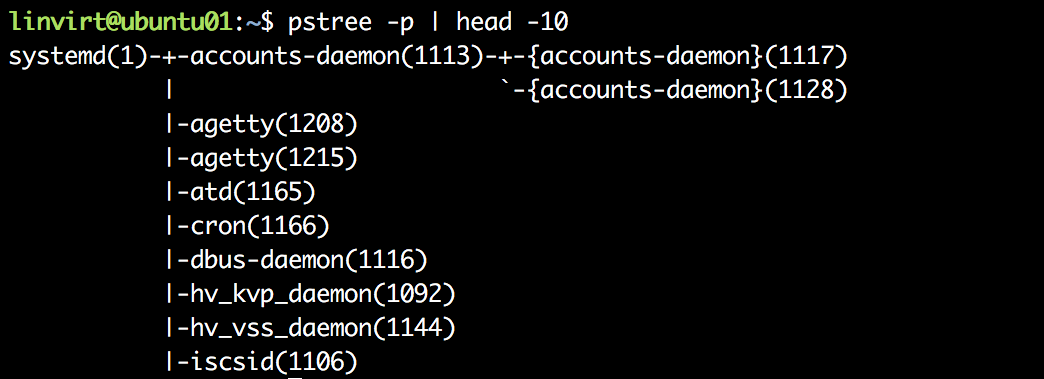Systemd
After the Linux kernel boots, the first Linux process starts the first process. This process is known as an init process. In modern Linux systems, this process is systemd:

Systemd is responsible for starting all processes in parallel during the boot process, except the processes that are created by their kernel. After that it's activating services among other things on demand. It also tracks and manages mount points, and it manages system-wide settings such as the hostname.
Systemd is an event-driven system. It communicates with the kernel and will react to an event such as a point in time or a user that introduces a new device or presses Ctrl + Alt + Del.
Working with units
Systemd works with units, entities that are managed by Systemd and encapsulate information about every object that is relevant for Systemd.
There are unit files in ini-style that contain configuration directives that describe the unit and define its behavior. These files are stored as follows:
File | Description |
|




































































